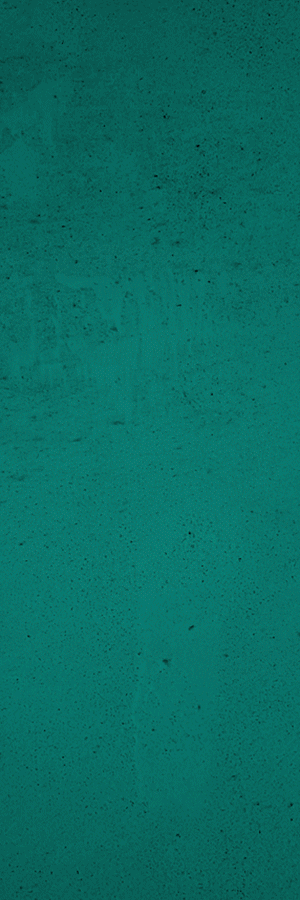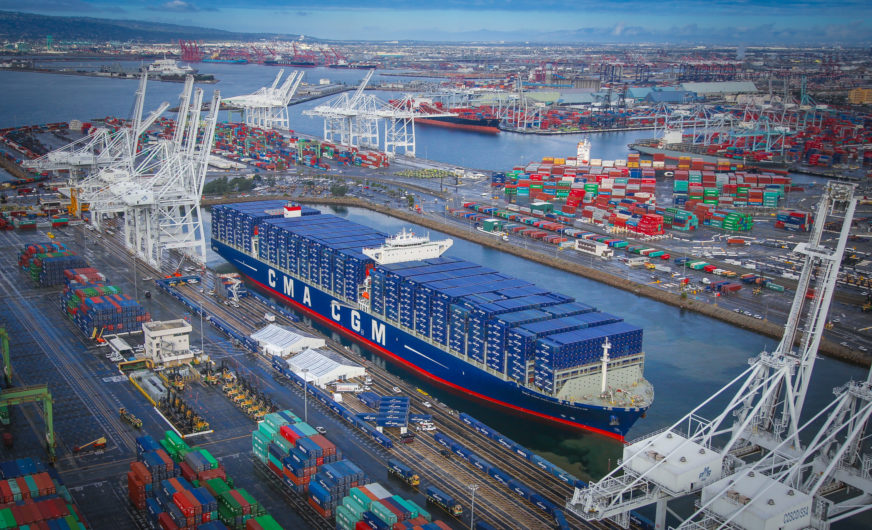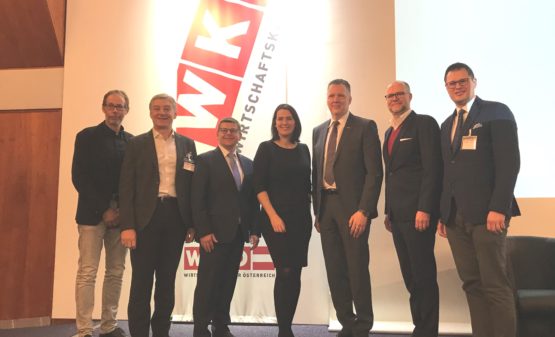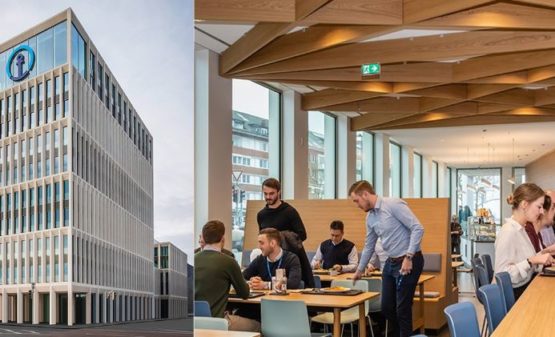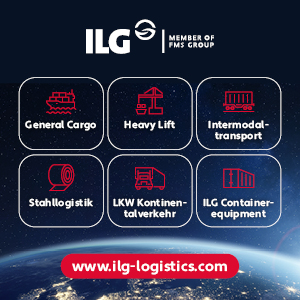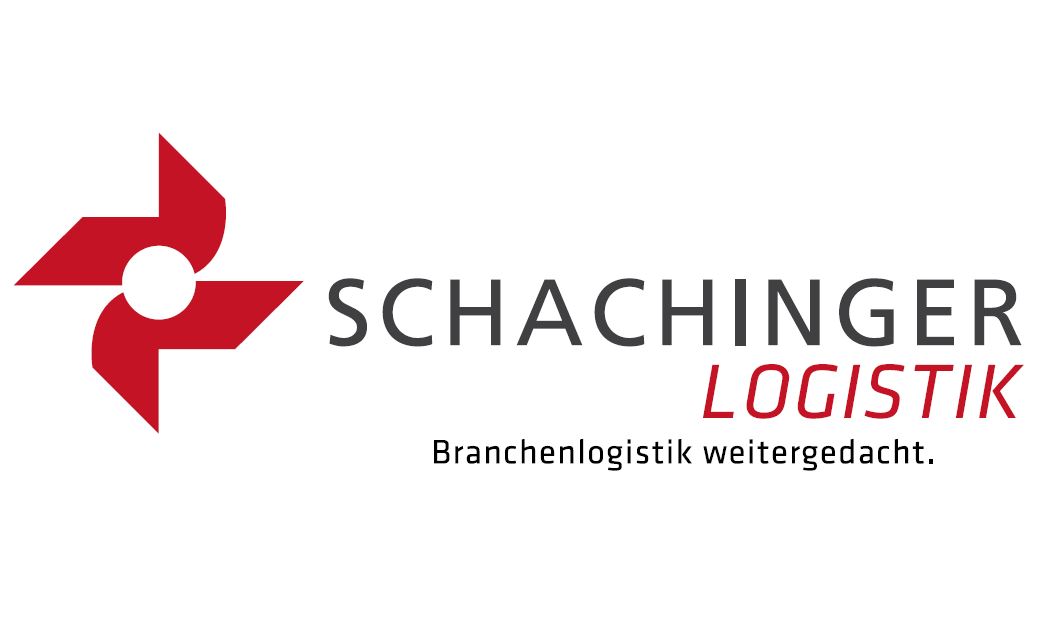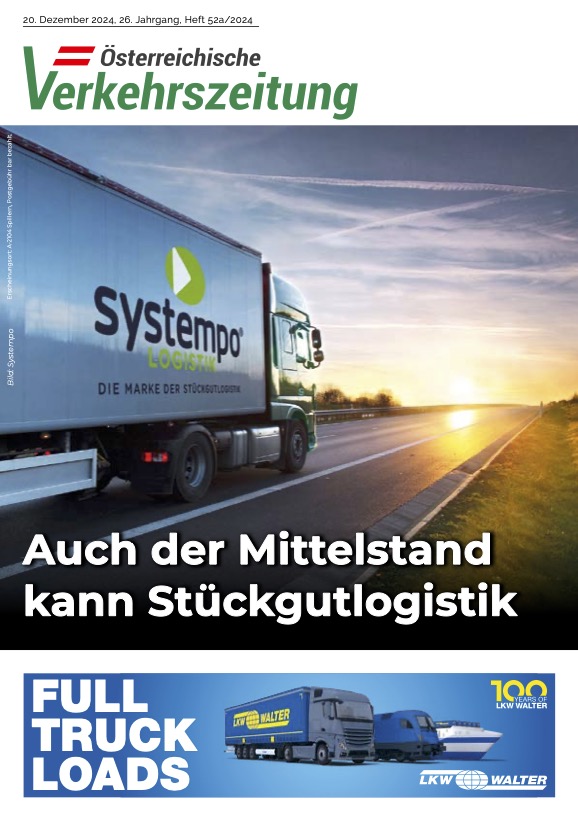The “CMA CGM Benjamin Franklin’s” Long Beach call on 19 February is part of a series of 4 trial-calls decided by Jacques R. Saadé, CMA CGM Chairman and Chief Executive Officer, to prepare U.S. ports to accommodate larger vessels. Such trials help test American port operations on a real scale and accompany their future evolution.
CMA CGM strongly believes that the future of American ports lies in the ability to handle such vessels. As a pioneer, the CMA CGM Group worked with all stakeholders – dockers, harbor pilots, intermodal companies, port authorities, city officials etc. – to help terminals host these vessels and to guarantee optimized performance without generating congestion.
CMA CGM and the United States share a unique history. Jacques R. Saadé discovered the container – a metallic box invented by Malcom McLean in 1954 – in the United States during the sixties. During an internship in New York, he observed the American army using containers to supply its troops with clothes, food and other basic commodities during the Vietnam War. He perceived and anticipated the revolution this mode of transportation would bring to exchanges on an international scale, and created CMA in 1978.
In 1997, he opened the first CMA CGM office in the United States. In 2007, he acquired US Lines, an American company offering regular weekly services on the Transpacific and Australasian trades from the United States. Today, CMA CGM has a staff of 1,000 in the United States. This network offers American customers 23 weekly maritime services, and connects 14 American ports to more than 150 countries in the world.
By choosing to inaugurate the “CMA CGM Benjamin Franklin” in Long Beach, California , and naming her after one of America’s Founding Fathers, ambassador of the United States to France and strong defender of the friendship between the two countries, CMA CGM shows its commitment to the United States, as well as its determination to be a major partner for US trade.

